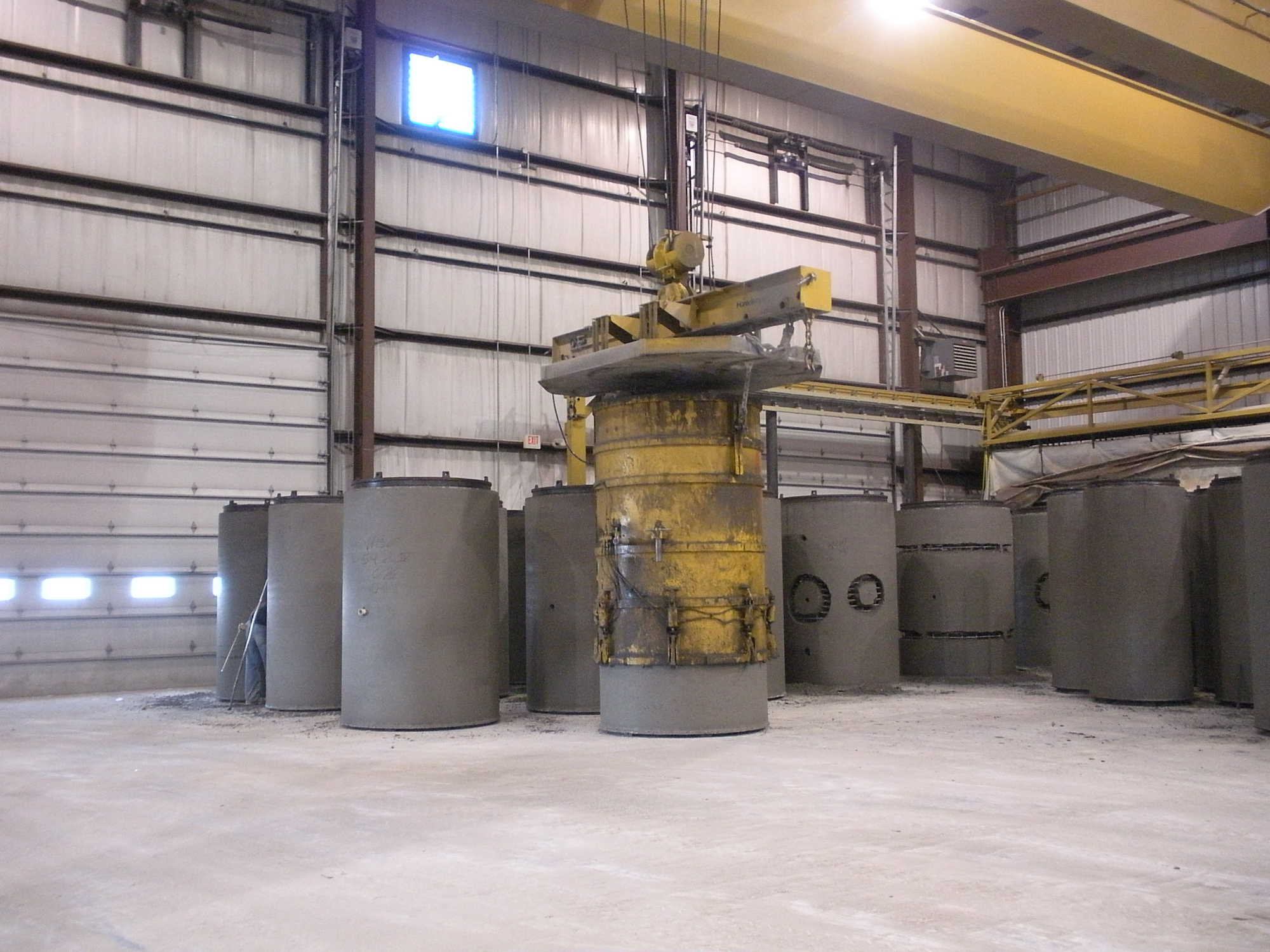 The cry for open government is rising and elected officials are delivering. But in the zeal to throw open the doors to the records vault, no one bothered to fully understand the impact except for those of us who actually work for government. But no one wants to hear from us. Politicians only care about pleasing voters (particularly when their records are not subject to these laws), and citizens think we are only expressing concern because we have something to hide.
The cry for open government is rising and elected officials are delivering. But in the zeal to throw open the doors to the records vault, no one bothered to fully understand the impact except for those of us who actually work for government. But no one wants to hear from us. Politicians only care about pleasing voters (particularly when their records are not subject to these laws), and citizens think we are only expressing concern because we have something to hide.
The whole thing reminds me of stories about buried treasure. A group of people hear tales of buried treasure; spend a lot of time and effort tracking down its location; then finally there is that climatic moment of uncovering the treasure box and throwing open the lid to find…nothing. The moral of the tale for me was always don’t waste a lot of time and effort on nothing. Course you are always going to have some people say that you have to keep trying because there is always that one chance you might find something worthwhile.
So how much money and time do we as a country want to spend hunting down tales of treasure? Because FOIA laws like the one that recently went into effect in Illinois have a significant cost potential. And that cost is not only for the government.
Soon after the new year started I heard of one city that got a FOIA request asking for copies of all invoices and contracts for the last 12 years. First of all, in Illinois, governments only have to keep invoices for 7 years. But even finding and copying all invoices and contracts for the past 7 years can take up a lot of staff time. This small community will most likely have to shut down all city services to comply with this request because it has to be delivered in 5 days. So the citizens of that community go without services that week. Another story reported that Lakewood, Wash., spent $16,000 last year complying with the requests from one person.
At this point, if a terrorist wants to disable government, they don’t have to bomb a government building – all they have to do is continually file FOIA requests. And although that is a tongue in cheek comment, the potential for shutting down government to deal with these requests is real. But because citizens do have a right to public records, and elected officials are going to make sure laws are in place to protect that right, someone has to figure out a way to comply without shutting down core services. We have to make open government sustainable because it most definitely is not under the current structure.
Some have suggested hiring additional people whose only job is to deliver information. But this is going to cost a lot of money, and no one wants to pay higher taxes for more government personnel. Many have suggested putting the information in digital format and offering it online. This is certainly a sustainable method of delivery. If we had everything available immediately and online, little to no staff time is required to collect and distribute information. The underlying problem with this is getting it in digital format or if it already is in digital format, such as e-mail, getting it collected and distributed. Those steps still take up a lot of staff time.
So what is the answer? I believe a sustainable open government will require those of us working in government to make a significant change in our workflows, our policies and standards, and the tools we use. Let’s take e-mail to demonstrate my point. In order for e-mail to be easily made available to the public, there must be an “open government e-mail tool” designed to automatically take each e-mail and the related response and post it somewhere accessible to the public. It would also be nice if it maintained some structure in the flow so conversations can be easily followed. This could be expanded to include all documents received and/or generated: make all vendors send digital invoices; change word processing tools and mobile inspection apps to automatically save or post online, etc.
A lot of people working for government might initially be shocked about such a transparent suggestion. But if you work for government and think about it, you start to realize that there really is nothing there so who cares if it is out there for anyone to see? The key is in realizing up front everyone can see what is received and generated in our offices, and then finding a way to automatically collect and post these documents to a public site online. We will also need to rely on companies making software for government to incorporate these open government methods into their tools.
Two other steps are necessary to ensure a sustainable open government. One is to officially designate exactly what type of information must be collected and made available (such as do we tape phone calls – how far are we to go?). Then develop an open government template for online sites that integrate with the open government tools. And the other step is to integrate a local government/civic education into our high school curriculum. Because in the end all of this will mean nothing and will only lead to further problems if no one really understands the treasure they find.

